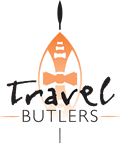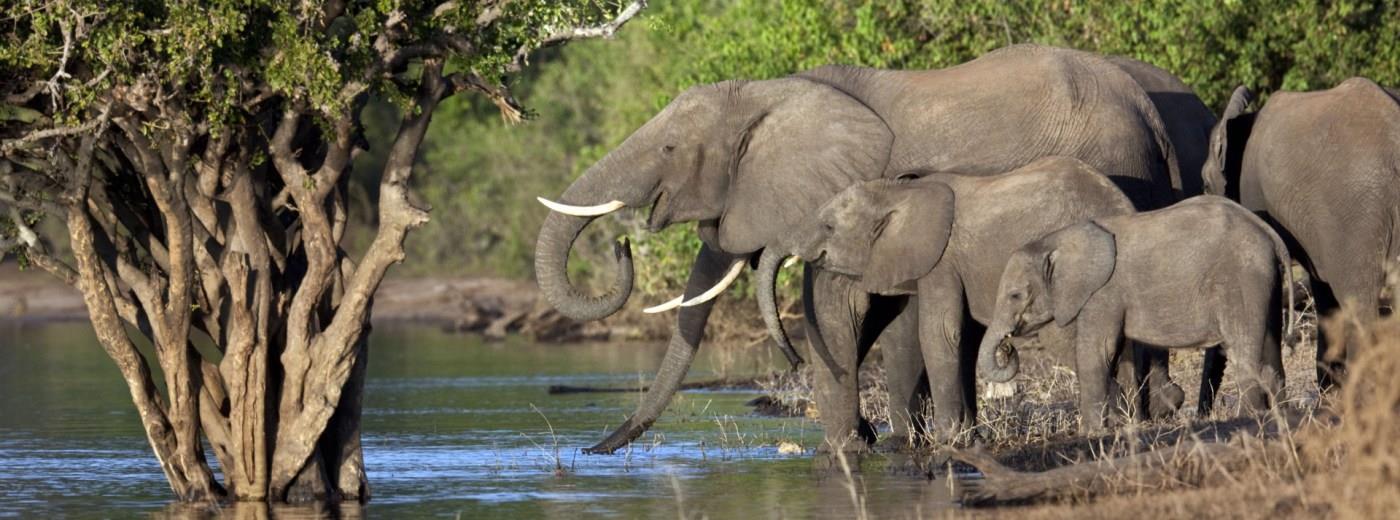Visa and Entry Requirements for Day Visitors to Botswana
Important travel information for day visitors to Botswana, including guests visiting Chobe from Zambia or Zimbabwe and guests travelling through Botswana to get to a houseboat on the Chobe River.
Visa Requirements
Latest Travel Updates
For up-to-date travel information from the UK government, please check:
UK Government Advice: www.gov.uk/foreign-travel-advice/botswana
Normally, holders of the following passports do not require a visa to enter Botswana when travelling as a tourist for stays up to 90 days:
United Kingdom; United States of America; Canada; Australia; New Zealand; Ireland; Belgium; Netherlands; Italy; France; Germany; Norway; Spain; South Africa.
If you are a passport holder from another country, you can check to see if you require a visa and apply for an eVisa here: https://evisa.gov.bw/#/home.
Your passport should be valid for a minimum period of 6 months from the date of entry into Botswana and have sufficient blank pages for the Botswana entry/exit stamps (at least 3).
TRAVELLING TO/FROM BOTSWANA WITH CHILDREN YOUNGER THAN 18 YEARS OF AGE AT DATE OF TRAVEL: The following requirements apply regardless of nationality.
Parents travelling with children must produce an unabridged birth certificate for the child, showing full details of the child's parents. If the birth certificate is in a language other than English, it must be accompanied by a sworn translation issued by a competent authority in the country concerned.
If the child is adopted, the adoption certificate must be produced.
If only one parent is travelling, said parent must also show consent in the form of an affidavit from the other parent named on the birth certificate authorising the child to travel (the affidavit must be no more than 6 months old from the date of travel), or a court order granting full parental responsibilities to the travelling parent, or (where applicable) a death certificate for the deceased parent. Legally separated parents should also provide a court order when the other parent does not give consent.
Where a person is travelling with a child who is not their biological child, he/she must produce an unabridged birth certificate for the child supplemented by affidavits from the child's parents/legal guardian giving consent for the child to travel and copies of the identity documents or passport of the parents/legal guardian PLUS their contact details.
There are also additional rules for unaccompanied minors - available on request.
PLEASE NOTE: All documents must be original - PHOTOCOPIES ARE NOT ACCEPTED. In the case of foreign countries that do not issue unabridged birth certificates, a letter to this effect issued by the competent authority of the foreign country should be produced.
For more information, please contact your local Botswana High Commission.
IMPORTANT: Plastic bags are banned in Botswana. This ban is primarily aimed to reduce plastic in commercial use (as opposed to tourists bringing in plastic bags to carry personal property), however, we would strongly recommend guests avoid bringing plastic bags into the country if possible.
PLEASE NOTE: Countries can change their entry requirements at any time. Travel Butlers try to ensure that the information displayed here is correct, but the onus remains with the traveller to verify the information with the relevant High Commission or Embassy and ensure that they can comply with the applicable entry requirements.
Medical Considerations
You are advised to contact your doctor or clinic around 4-8 weeks before your trip to check whether you need any vaccinations and to get their professional medical advice regarding travel to Botswana.
To help prevent diarrhoea, avoid tap water – drink only bottled water and use bottled water for tooth brushing, and avoid ice made with tap water – and only eat fruit or vegetables that are cooked or can be peeled.
To help avoid heatstroke, drink plenty of bottled water/fluids, and keep out of the midday sun.
There is a risk of malaria particularly during the months of November to June - check with your doctor about suitable antimalarial tablets. Try to avoid mosquito bites wherever possible - wear loose long-sleeved clothing and trousers, and use a repellent on clothing and exposed skin.
There is no risk of yellow fever in Botswana, so a yellow fever vaccination is NOT required for travellers whose sole destination is Botswana. However, in accordance with International Health Regulations, Botswana requires all travellers over one year of age arriving from a yellow fever risk country, or having been in transit longer than 12 hours at the airport of such a country, to have a yellow fever certificate. These countries include Kenya and Uganda but it is up to the traveller to check the full list here https://nathnacyfzone.org.uk/factsheet/60/yellow-fever-maps

